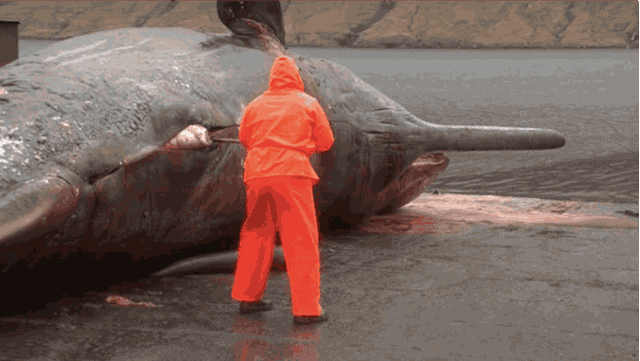Do they speed up reaction? Nope
Do they manage to not get used up in reactions? Probably not
Do they allow alternative pathways? Nope
Are they unchanged during a reaction? Nope
Do they change the position of an equilibirum? erm, well, no, probably not
because they are a "list-of-cats" and not "catalysts"
(Apologies, possibly worst intro ever, let's move on)
Catalysts (unlike lists of cats) are useful industrially for a number of reasons. New catalyst development is part of what is called green chemistry. Let's run through the uses of catalysts one by one...
- Allow usage of lower temperatures
- Allow usage of lower pressures
If somebody asked you the question - What does Airbus make? I am sure you would say the answer aeroplanes, but you would be wrong, Airbus make money, aeroplanes are merely the medium they use. So, for any manufacturing company, cost saving is important and by reducing the temperature and pressure required in their factories they lower energy costs.
Additionally, reducing energy usage reduces greenhouse emission in power plants (less energy = less CO2 made.
Finally, lowering pressure makes your factory safer to operate. You don't want to be around when a high pressure vessel (whale based or otherwise) explodes.

3. New production routes and products become possiblePut simply new catalysts = new chemicals and new ways of making chemicals. Why this is important will vary from scenario to scenario, it could be cheaper, it could involved less toxic reactants or by products, it could be a new chemical that is better at its intended job etc.
Anybody not feeling sick having watched that whale explode a dozen times. Try this fact.
Beached whales tend to explode due to a build up of a combination of methane, hydrogen sulphide and ammonia. So it effectively smells of farts, stink bombs and urine.
No wonder the tango man runs.
No comments:
Post a Comment